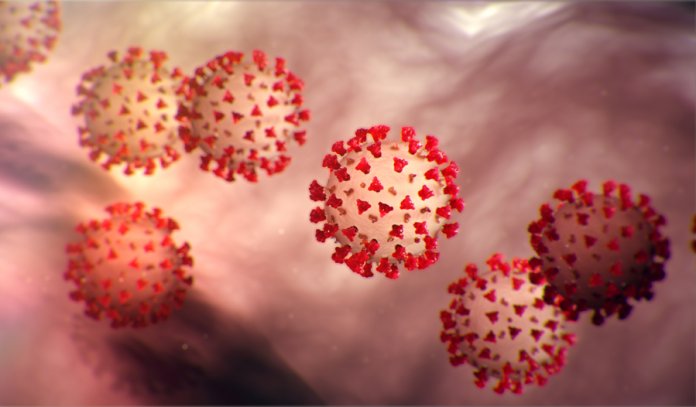1 In 5 Persons Infected With COVID-19 In Lagos, Enugu, Nasarawa- Survey
At least one in five individuals in Lagos, Enugu, and the Nasarawa States have ever been infected with SARS-CoV-2 (COVID-19 virus), even as more Nigerians are still at risk, according to findings of COVID-19 Household Seroprevalence Surveys in Four States of Nigeria.
The surveys were conducted by the Nigeria Centre for Disease Control, NCDC, the Nigeria Institute of Medical Research, NIMR, and their partners, between September and October 2020.
They were designed to improve the estimated burden of COVID-19 infection in the country and provide a more detailed estimate of the extent of infection with the SARS-CoV-2 virus which causes COVID-19.
The report, jointly signed by Dr. Chikwe Ihekweazu and Professor Babatunde Salako, the Directors General of the NCDC and NIMR, respectively, said the prevalence of SARS-CoV-2 antibodies was 23 percent in Lagos and Enugu States, 19 percent in Nasarawa State, and 9 percent in Gombe State.
“This means that as many as 1 in 5 individuals in Lagos, Enugu, and Nasarawa State would have ever been infected with SARS-CoV-2. In Gombe, the proportion is about 1 in 10,” the statement noted.
The findings also said: “These rates of infection are higher than those reported through the national surveillance system and reveal that the spread of infection in the states surveyed is wider than is obvious from surveillance activities.
“This is not surprising for COVID-19, given that a majority of those infected do not have any symptoms.”
Results of the surveys further showed higher rates of infection among males than females (for example, 10 percent vs 7 per cent in Gombe and 21 per cent vs 17 per cent in Nasarawa); urban compared to rural and residents (for example, 28 per cent vs 18 per cent in Enugu and 23 per cent vs. 19 per cent in Lagos); and persons aged 18-64 years.
There were also variations across the local government areas (LGA) within the four states. The survey team noted that these observations are in tandem with what had been reported by the NCDC based on the national surveillance system.
Blood samples were collected from over 10,000 individuals residing in a representative sample of households in the four states.
The blood samples were then tested for the presence of SARS-CoV-2 antibodies applying locally validated laboratory tests.
Individuals who provided blood samples also answered a brief questionnaire that enabled the study team to characterise factors related to positivity and identify which population groups were most affected.
In interpreting the results, the survey team noted that “SARS-CoV-2 emerged only one year ago and antibody response according to the severity of the infection and the duration of antibody persistence are not yet completely understood”.
“Given the high proportion of asymptomatic cases in Nigeria, the true seroprevalence of ever having infection may be underestimated in the survey if individuals infected early in the outbreak no longer had sufficient antibodies for detection when the survey was conducted. “From the survey, a significant proportion of people in Nigeria are still at risk of SARS-CoV-2 infection and therefore, COVID-19.
“It is very important that Nigerians continue to adhere to public health and social measures including regular handwashing, proper use of face masks and physical distancing.”
The United States Centers for Disease Control and Prevention (US-CDC), the University College London (supported by Bill and Melinda Gates Foundation), the University of Maryland, Baltimore (UMB), and the respective State Ministries of Health supported the implementation of the survey.
The survey is being expanded to more states with a priority to capture information from States in the North-West and South-South geopolitical zones which were not included in the initial round of surveys, the statement noted.





